嘉回分类 - Waste Classification AI
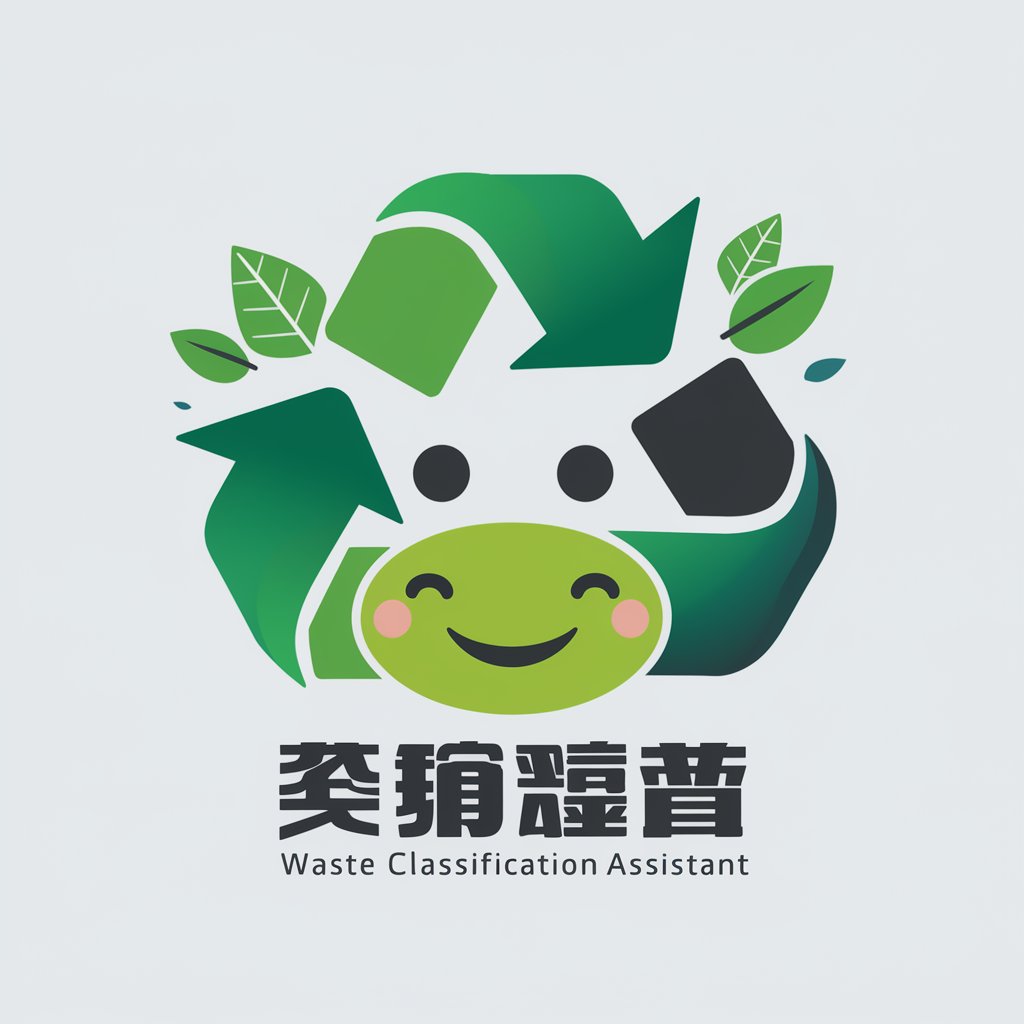
Hello! How can I help you sort your waste today?
Streamline waste sorting with AI
How do I classify...
Can you tell me which bin...
Where should I dispose of...
What's the correct way to sort...
Get Embed Code
Understanding 嘉回分类
嘉回分类 is a specialized virtual assistant designed to offer expert guidance on waste classification in accordance with Chinese regulations. Its primary objective is to simplify the process of sorting waste by providing clear, easy-to-understand advice tailored to specific items. For example, when a user asks how to dispose of 'wet wipes', 嘉回分类 not only categorizes them under the appropriate waste type (usually non-recyclable waste) but also explains why they fit this classification based on their material and usage. This helps users comply with local waste management rules and promotes environmental sustainability. Powered by ChatGPT-4o。

Core Functions of 嘉回分类
Waste Item Classification
Example
If a user is unsure whether pizza boxes should be recycled, 嘉回分类 explains that these boxes, if greasy, belong in compostable waste due to food contamination, which prevents recycling.
Scenario
In everyday home waste management, helping users sort common but confusing items correctly.
Detailed Explanations
Example
When asked about battery disposal, 嘉回分类 provides a detailed breakdown of how to handle batteries safely, directing them to be treated as hazardous waste and suggesting local drop-off points.
Scenario
Aiding users in disposing of hazardous materials safely, thus protecting the environment and community health.
Guidance on Uncommon Items
Example
For less common items like used lightbulbs, 嘉回分类 advises on specific disposal methods, differentiating between incandescent bulbs (non-recyclable waste) and compact fluorescent lamps (hazardous waste).
Scenario
Supporting users in specialized scenarios, particularly in offices or industrial settings where diverse waste types are common.
Target User Groups for 嘉回分类
Household Residents
Individuals and families looking to enhance their recycling habits and reduce household waste footprint. These users benefit from learning precise waste sorting to follow local regulations effectively.
Educational Institutions
Schools and universities can use 嘉回分类 to teach students about sustainability practices and ensure compliance with waste disposal regulations on campus.
Small Businesses
Especially those in the food and retail sectors that generate a significant amount of waste. Knowing how to properly sort and reduce waste can help them manage costs and maintain regulatory compliance.

How to Use 嘉回分类
Step 1
Visit yeschat.ai for a free trial without login or the need for ChatGPT Plus.
Step 2
Select the 'Waste Classification Assistant' option from the available tools to start sorting your waste items.
Step 3
Enter the name of the item you wish to classify in the input field provided.
Step 4
Review the classification suggestions provided by 嘉回分类, which will include categories like 'recyclable', 'hazardous', 'household food waste', or 'residual waste'.
Step 5
Use the tips provided for optimal sorting practices to ensure accurate and effective waste disposal.
Try other advanced and practical GPTs
Ask PDF
Empower your documents with AI
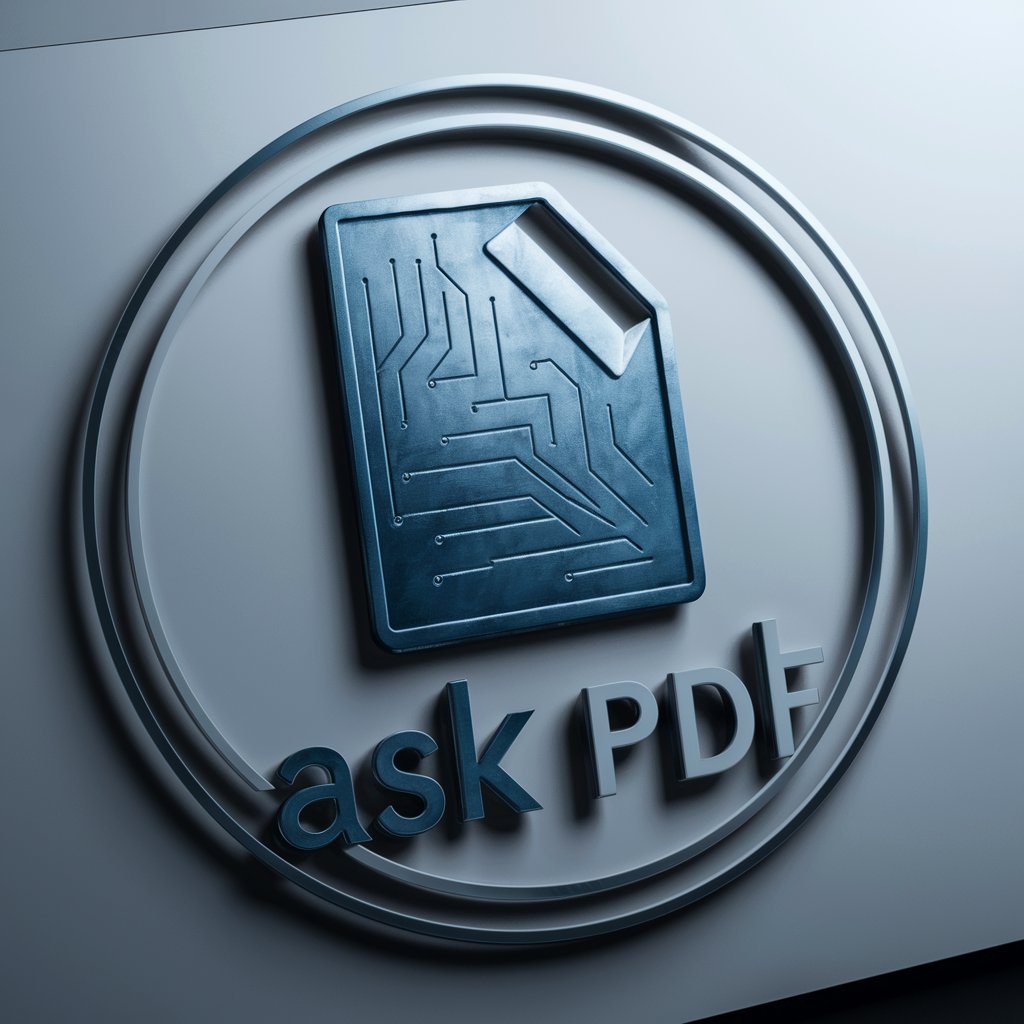
Hi Cindy
Enhance your English with AI-powered conversations.

Hi Bot
Craft Perfect Messages with AI

Hi
Your AI-powered job search companion
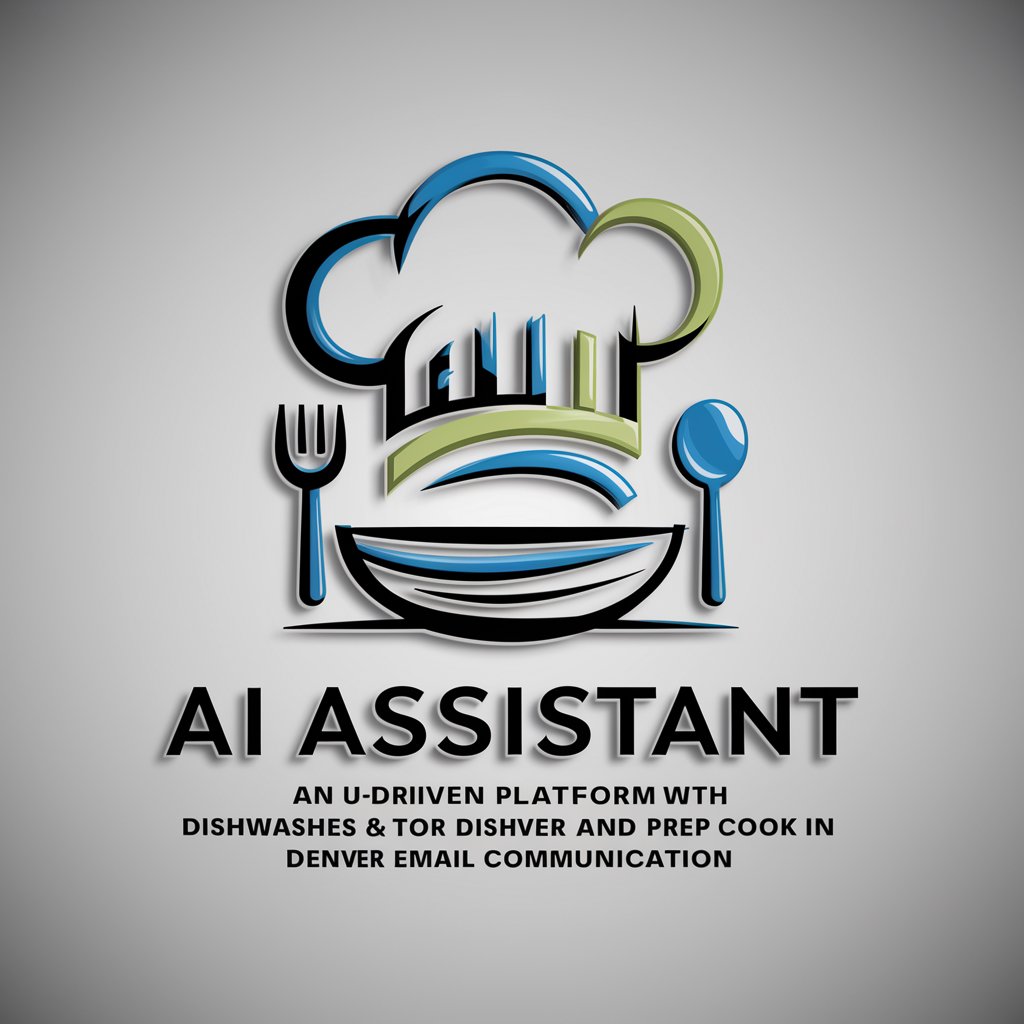
Marie-JO
Your AI-powered Olympic Games guide

赛道智图
Unlock Industry Insights with AI

分类达人
Categorizing with AI, Sorting Simplified

分类机器人
Effortlessly organize data with AI.
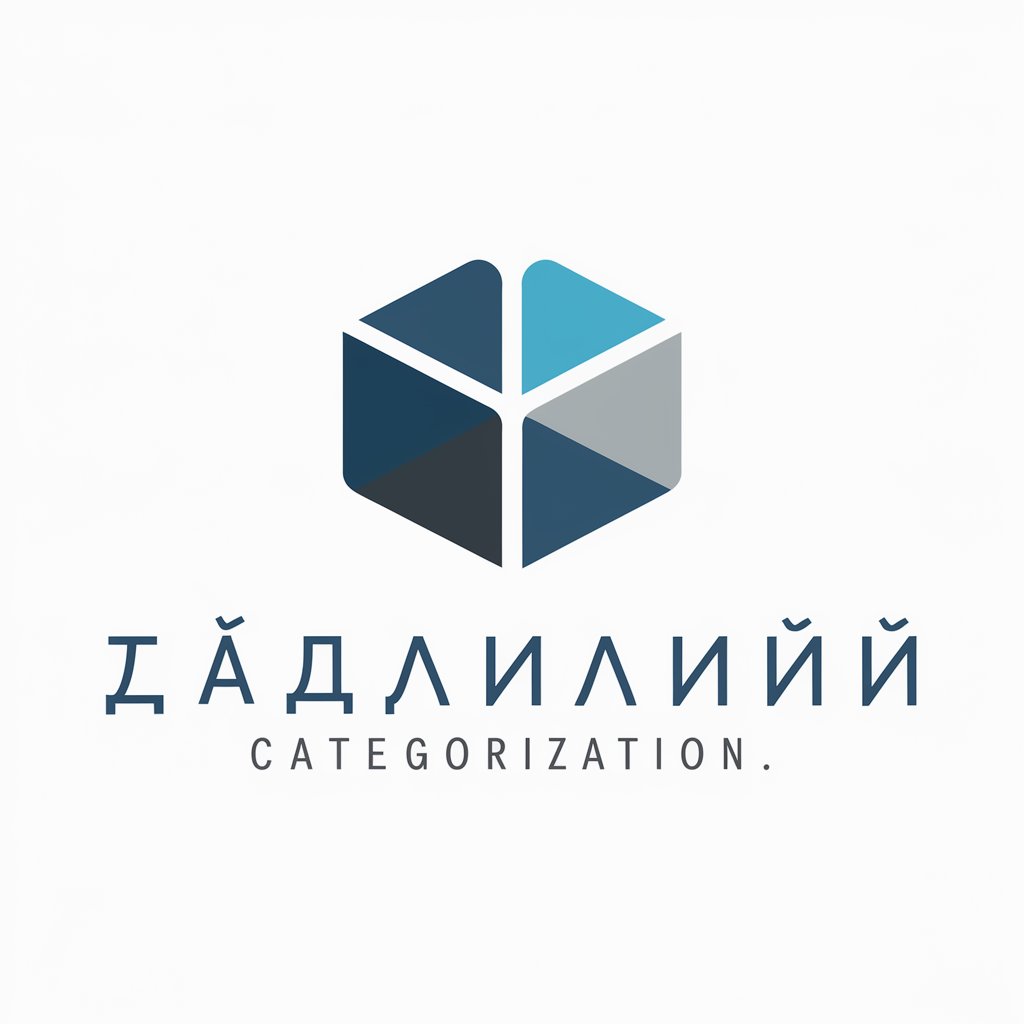
IPC 分类导航助手
Streamlining Patent Classification with AI
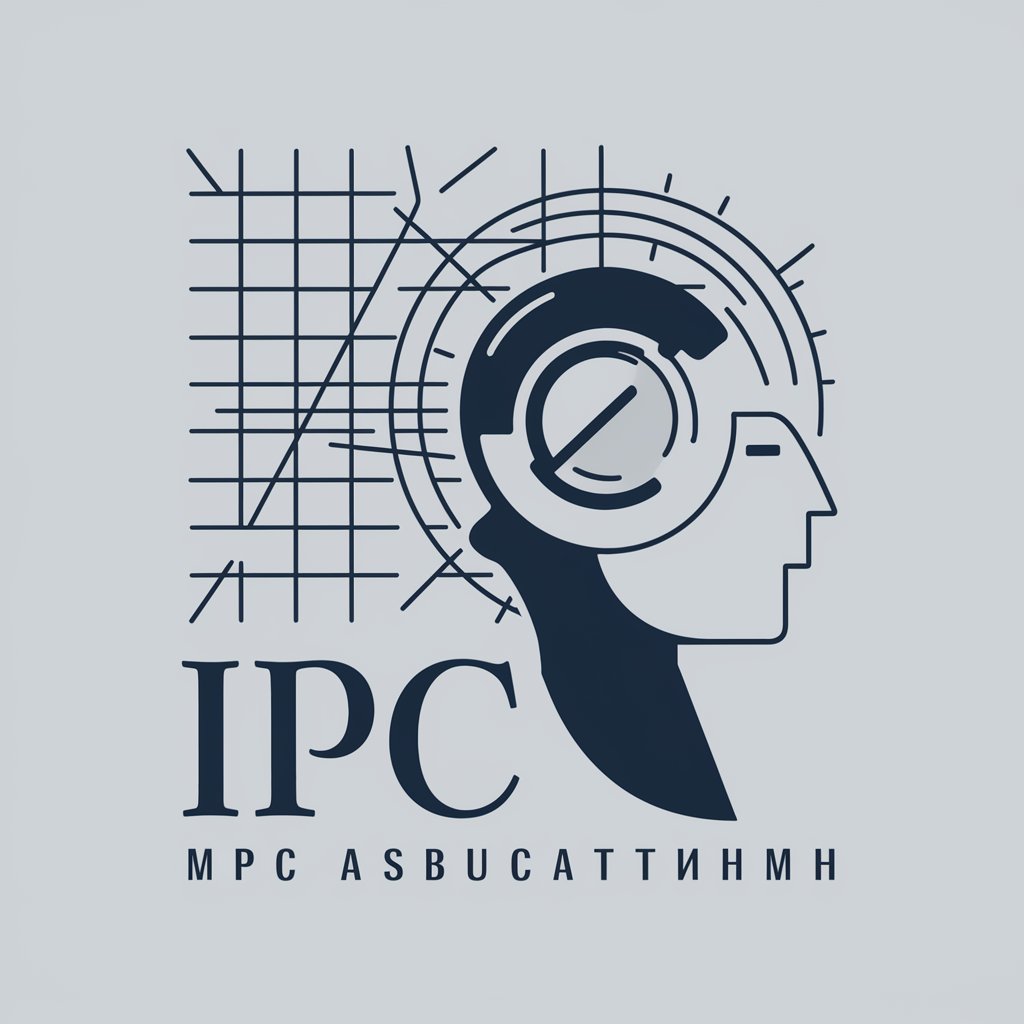
心理导航
Empowering emotions with AI support

智慧导航
Navigate life's challenges with AI wisdom

慧思导航
Empowering your queries with AI-driven depth
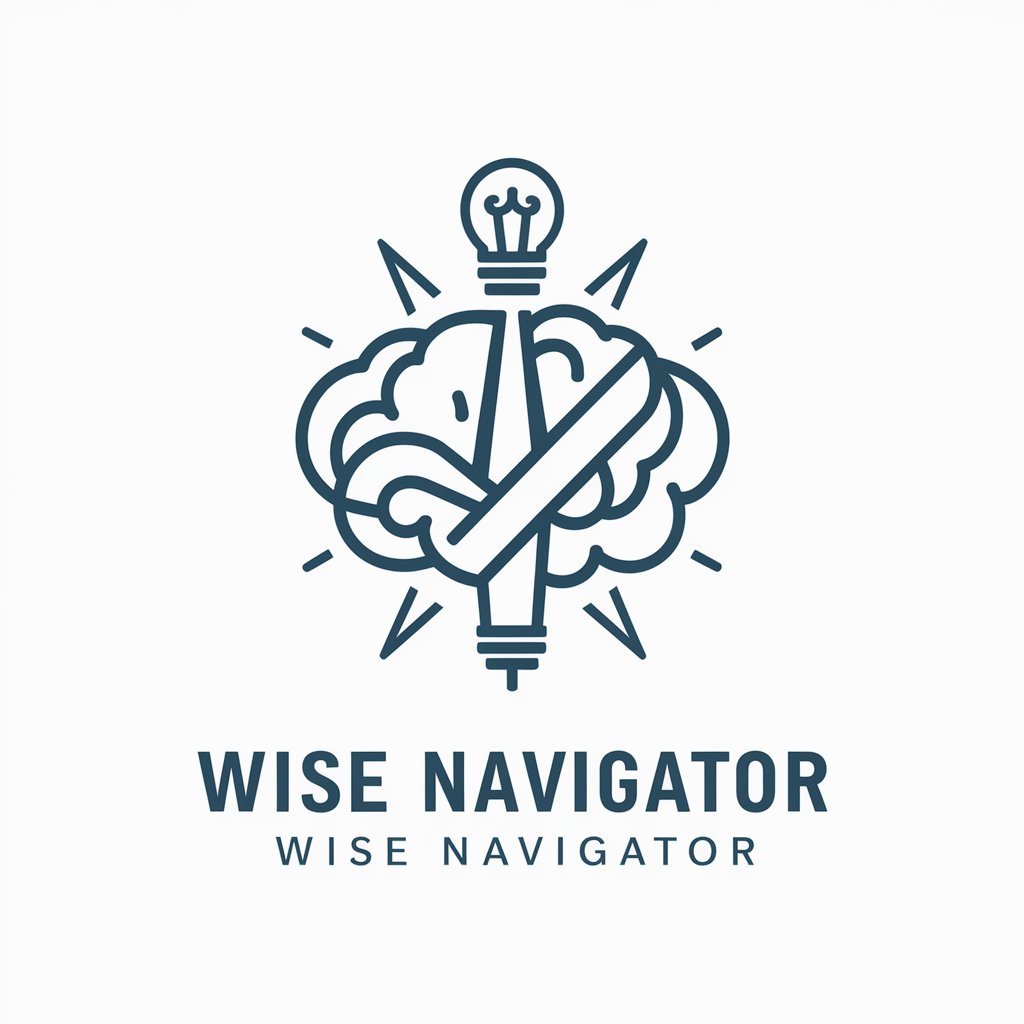
Frequently Asked Questions About 嘉回分类
What types of waste can 嘉回分类 help to classify?
嘉回分类 is designed to classify a wide range of waste types including plastics, electronics, food waste, paper, glass, textiles, and hazardous materials.
Is 嘉回分类 suitable for commercial use?
Absolutely. It can assist businesses in managing waste more efficiently by providing accurate sorting information, thus aiding in compliance with regulations and sustainability practices.
How accurate is 嘉回分类?
嘉回分类 uses advanced algorithms to ensure high accuracy in waste classification, continuously updated to reflect current regulations and practices.
Can 嘉回分类 suggest disposal methods for classified waste?
Yes, besides classification, it provides recommendations on disposal methods, including recycling, composting, or special handling for hazardous materials.
How does 嘉回分类 stay updated with changing regulations?
It integrates updates regularly from environmental protection agencies and waste management bodies to stay aligned with the latest waste handling and classification guidelines.
